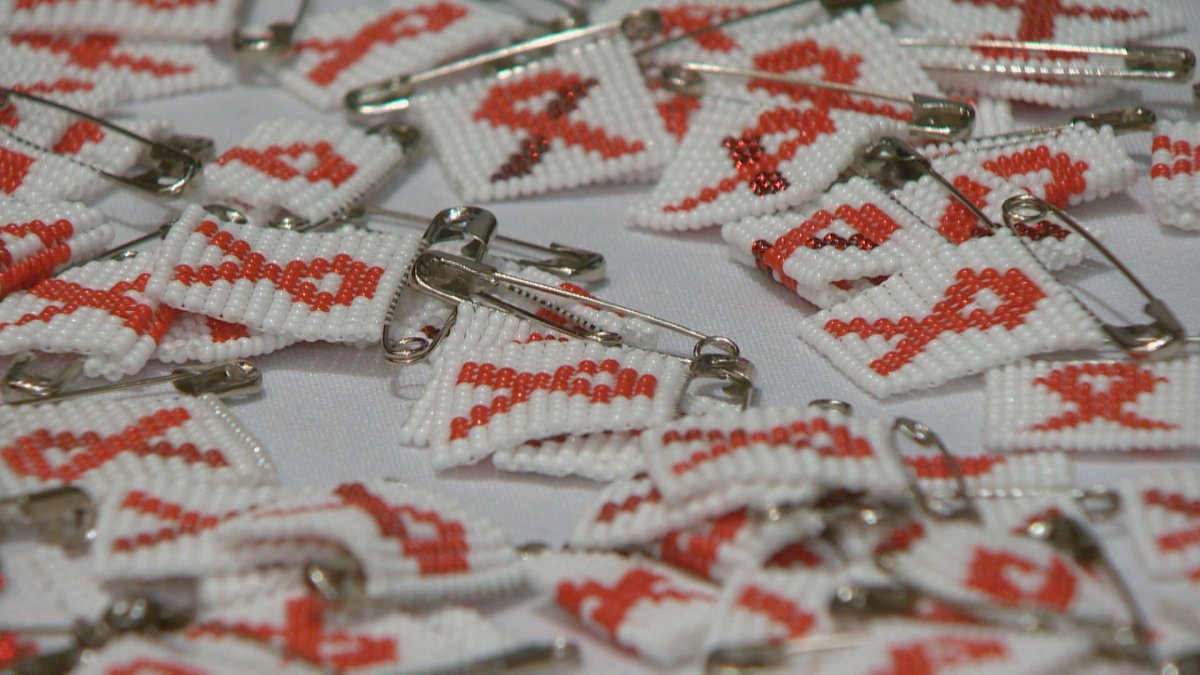An 18-year-old French teen born with the AIDS virus has had her infection under control and nearly undetectable despite stopping treatment 12 years ago – an unprecedented remission, doctors are reporting.

The teen might have some form of natural resistance to HIV that hasn’t yet been discovered. But her case revives hope that early, aggressive treatment can limit how strongly the virus takes hold, and perhaps in rare cases, let people control it without lifelong drugs.
A few years ago, doctors reported a similar case: a Mississippi girl who kept HIV in check for 27 months without treatment. But then her virus rebounded, dashing hopes that early treatment might have cured her.
At least a dozen adults have had remissions for a median of 10 years after stopping HIV medicines, but the new French case is said to be the first long-lasting one that started in childhood.
READ MORE: Why the United Nations is adopting Canadian scientist’s HIV strategy
The case was described Monday at an International AIDS Society conference in Vancouver, British Columbia, by Dr. Asier Saez-Cirion of the Pasteur Institute in Paris. The teen lives in the Paris area and her identity was not revealed.
“This is an exciting story,” but it is unknown if the remission will last, said Francoise Barre-Sinoussi, a scientist at the Pasteur Institute and a co-discoverer of HIV.
“This case is clearly additional evidence of the powerful benefit of starting treatment as soon as possible,” she said.
Most HIV-infected moms in the U.S. get AIDS medicines during pregnancy, which greatly cuts the chances they will pass the virus to their babies. The French teen’s mother did not have her HIV under control in pregnancy, and doctors think her daughter was infected before or during birth.
READ MORE: A made-in-Canada health strategy is making waves worldwide – just not in Canada
Doctors gave the baby an HIV drug – zidovudine, or AZT – for six weeks, which was the standard of care at that time. Tests then showed she still had high levels of HIV in her blood, so she was given a more powerful four-drug combination.
She stayed on treatment until she was nearly 6, then doctors lost contact with her. When she came back a year later, her mother said she had stopped giving the girl HIV drugs. Yet doctors could not find HIV in her blood so they decided not to resume treatment.
Except for one brief rise when she was 11 that resolved on its own, her virus has remained below a detection threshold ever since, although doctors can still find some at extremely low levels when they look with very sensitive tests.
“This girl is in remission of infection but she is infected” and not cured, Saez-Cirion said. She doesn’t have any of the gene variants or other biomarkers that are known to give natural control or protection from HIV infection, and she was not able to suppress the virus on her own before getting the powerful drug combo. Those things suggest that early treatment is responsible for the remission, he said.
READ MORE: HIV 30 years later: Experts mark milestones in treatment advances
Sharon Lewin, an AIDS scientist at the University of Melbourne in Australia, said “it’s always hard to know, when you have a single case report, is there something about this particular individual that’s unique? What’s in the back of people’s minds is, would this have happened anyway,” independent of her treatment, she said.
Dr. Steven Deeks, an AIDS specialist at the University of California, San Francisco, agreed, but said the case “adds to the growing story that we should be treating everybody really early.”
READ MORE: HIV/AIDS ward closes at St. Paul’s Hospital due to decline in disease
That goes for adults, too. A big study recently was stopped early because the benefits of starting treatment as soon as possible after diagnosis were clear. Details of that study also were presented at the AIDS conference on Monday.
—
Online:
AIDS information: http://www.aidsinfo.nih.gov



Comments